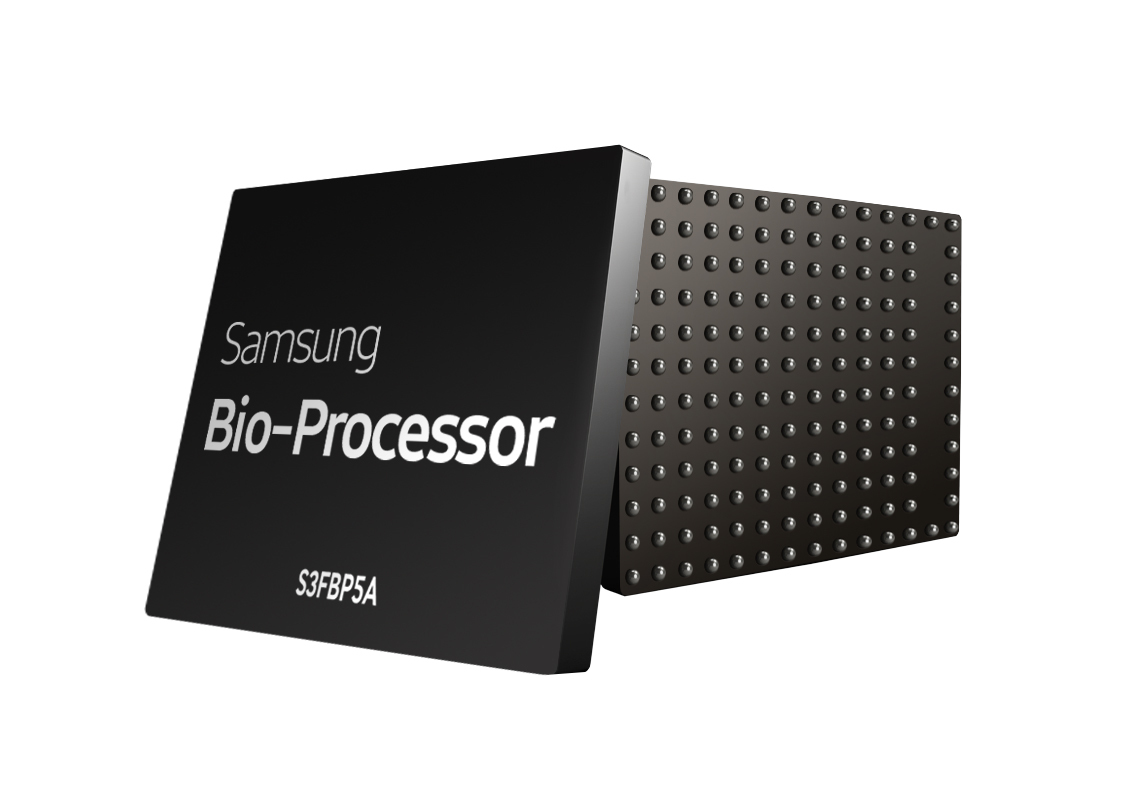 The Bio-Processor is the world's first system on a chip designed for health and well-being-focused wearables and as such could take everything from activity trackers to smartwatches to new levels. The Bio-Processor is the world's first system on a chip designed for health and well-being-focused wearables and as such could take everything from activity trackers to smartwatches to new levels.
The Bio-Processor is the world's first system on a chip designed for health and well-being-focused wearables and as such could take everything from activity trackers to smartwatches to new levels. The Bio-Processor is the world's first system on a chip designed for health and well-being-focused wearables and as such could take everything from activity trackers to smartwatches to new levels.
"[It] is the most versatile health and fitness monitoring chip available on the market today and is expected to open up many new health-based service options for our customers," said Ben K. Hur, Vice President of marketing, System LSI business at Samsung Electronics.
What makes the piece of silicone so radical is that it can monitor heart rate; body fat (bioelectrical impedance analysis); muscle mass (photoplethysmogram); heart rhythm (electrocardiogram); skin temperature; and stress levels (galvanic skin response).
But as well as being able to monitor five different bio-signals, the chip can also handle their processing internally, without recourse to another device.
The processor is designed to work as an element of a fitness band or a patch and this versatility of form factor as well as bio-sensing is what Samsung hopes will lead to the Bio-Processor ushering in a new wave of wearables.
"With improvements in smart, fitness devices and an increase in consumer health consciousness, more and more people are looking for ways to monitor various personal bio-data, or fitness data, to constantly manage their health," said Ben K. Hur.
Reference devices have already been built to help developers and manufacturers explore the chip's capabilities and the chip is scheduled to go into mass production in early 2016, meaning that the first devices powered by the processor could be on sale by the summer.
Devices from the likes of Fitbit and Jawbone have become so popular in recent years that health and fitness trackers are officially considered mainstream devices, meaning that competition is about to heat up.
Therefore innovation will be key to future success.
However, despite this growing popularity, doubts remain over the accuracy of many pieces of wearable tech.
This is why at the 2016 CES will be hosting the "Counting on Consistency in Fitness Wearables" conference as one of its many sessions.
It aims to get manufacturers to agree on an industry-wide set of unified standards to make it easier for consumers to understand how well a tracker can monitor sleep, count calories or record and report heart rate. – AFP Relaxnews, December 30, 2015.

Comments
Please refrain from nicknames or comments of a racist, sexist, personal, vulgar or derogatory nature, or you may risk being blocked from commenting in our website. We encourage commenters to use their real names as their username. As comments are moderated, they may not appear immediately or even on the same day you posted them. We also reserve the right to delete off-topic comments